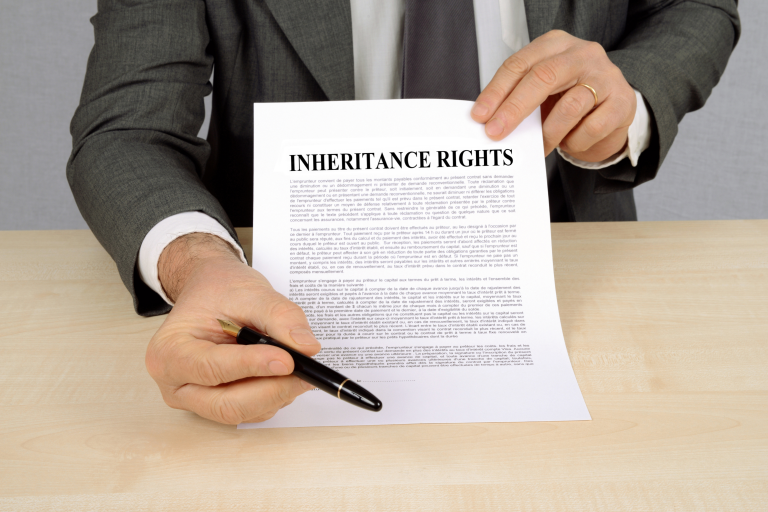The title of a property is the legal instrument that grants ownership over the asset. While the title is not a physical document, it is a legal construct that represents the bundle of rights of a property owner.
Must married couples in Florida include both partners’ names in a property title? Keep reading to find out.
Property Title vs. Deed – Understanding the Concept
In real estate law, the term “title” refers to the legal right to use, occupy, modify, sell, or gift a property. If someone holds the title of a property, that person can transfer his or her interest in the property to someone else using a deed.
A deed is a written document used to transfer the title of a property from one party to another. If someone has a deed stating he or she is the legitimate owner of a property, that person holds the title of the property.
Once the document is executed, the deed must be recorded in the county where the property is located. Deeds are part of the public records, allowing anyone interested in checking a property’s history to identify whether its owner is legitimate.
It is fundamental to understand that not having the name in a deed does not necessarily mean the person out of the deed does not have ownership rights over a property. Florida law applies the principles of equitable distribution for married couples.
In the event of divorce, a court is responsible for identifying marital assets and non-marital assets before proceeding with an equitable division.
Marital Property vs. Non-Marital Property
Under Florida law, marital property encompasses assets acquired by the couple during the marriage. If an asset was acquired by one of the spouses with money earned during the marriage, it is already considered marital property.
If an asset is legally considered as part of a couple’s marital estate, this property will be subject to equitable division in case of divorce – no matter whose name is on the title. Examples of Florida marital property include:
- Property or assets purchased or otherwise acquired during the marriage
- Assets or funds derived from the appreciation of specific non-marital assets
- Gifts from one spouse to the other during the marriage
- Property held under tenancy by the entirety
- Certain types of retirement benefits
Does Spouse Have to be On Title in Florida? – The Verdict
Determining whether a spouse must be on the title of a property in Florida depends on each couple’s particularities. In most cases, it is appropriate to have both spouses titled in the deed of a homestead property.
Generally, both spouses should be titled in the deed of the family’s primary residence (homestead), a second home, or even a vacation home. Different forms of joint ownership permit couples to hold the title of property in Florida, including tenancy by the entirety.
Tenancy by the entirety is a form of joint ownership exclusive to married couples. Instead of owning partial ownership of the property, each spouse owns the property in its entirety.
Another benefit of tenancy by the entirety is the couple has survivorship rights. If one of the tenants dies, the surviving tenant immediately receives full ownership of the property. Please note that properties purchased for investment purposes do not need to have both spouses on the title.
Waste no Time with Uncertainty – Immediately Contact Jurado & Associates, P.A.
Get in touch with a well-versed attorney from Jurado & Associates, P.A. by calling (305) 921-0976 or emailing [email protected] for expert legal guidance.






